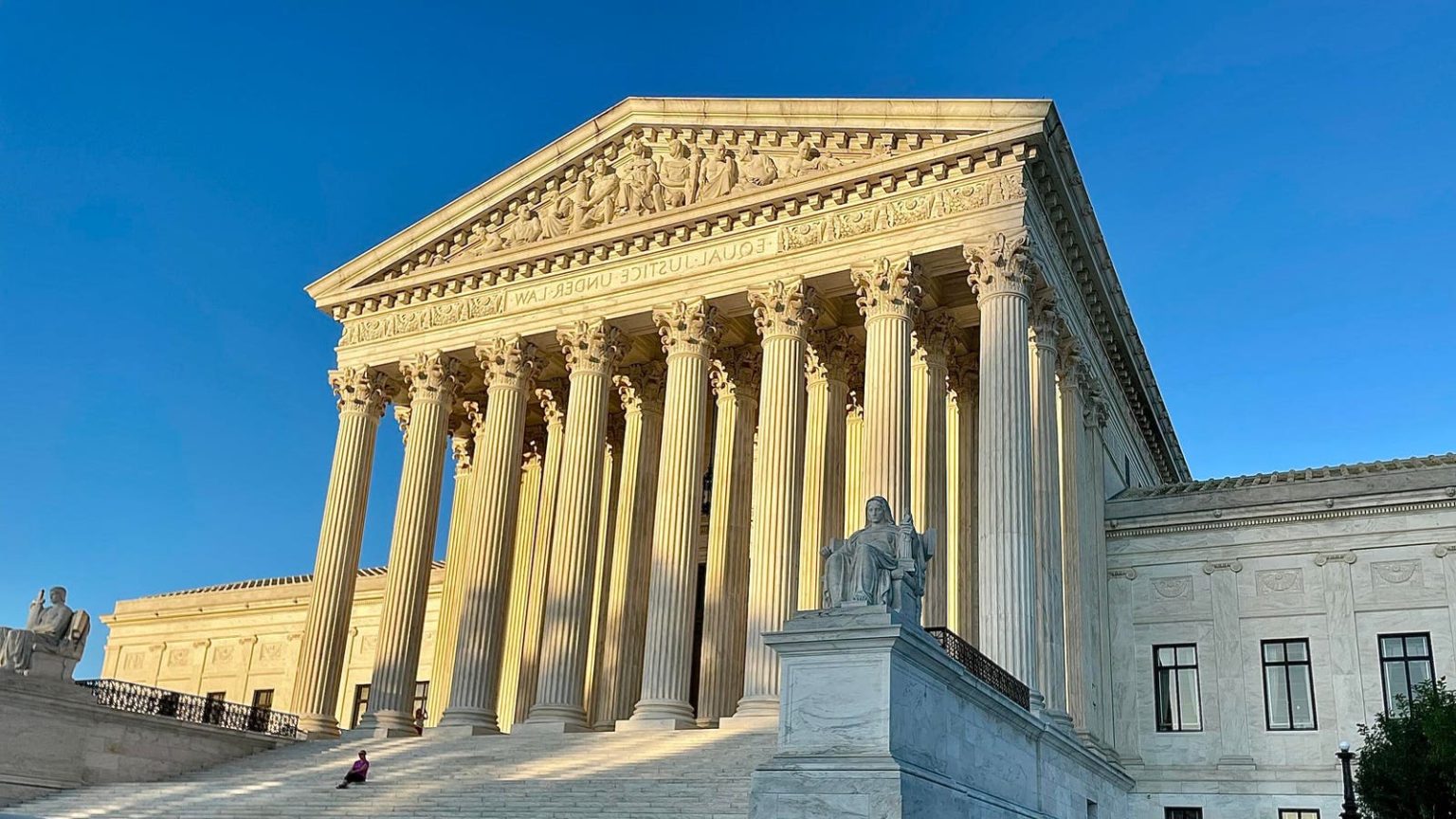The Corporate Transparency Act (CTA), a cornerstone of the 2020 Anti-Money Laundering Act, finds itself embroiled in a complex legal battle that could reshape its enforcement and future. Designed to combat financial crimes by unveiling the true owners of corporations and similar entities, the CTA mandates the disclosure of beneficial ownership information to the Financial Crimes Enforcement Network (FinCEN). However, its implementation has been fraught with challenges, primarily from legal actions contesting its constitutionality. Currently, a nationwide injunction prevents the Act’s enforcement, but the Department of Justice (DOJ), acting for FinCEN, has petitioned the Supreme Court to lift this injunction, setting the stage for a high-stakes legal showdown. The Court’s impending decision holds significant implications for businesses, legal professionals, and the fight against financial crime.
The central point of contention revolves around the balance between national security interests and individual constitutional rights. Proponents of the CTA argue that it provides essential tools to law enforcement agencies in their pursuit of money launderers, terrorists, and other perpetrators of financial malfeasance. By creating a comprehensive database of corporate ownership, the CTA aims to pierce the veil of anonymity often exploited by criminal actors. Conversely, critics, including small business groups and privacy advocates, contend that the Act imposes undue compliance burdens on businesses, potentially infringing on Fourth and Fifth Amendment protections against unreasonable searches and seizures and self-incrimination. This fundamental tension lies at the heart of the legal challenges that have emerged since the CTA’s enactment.
The current legal stalemate stems from the Texas Top Cop Shop, Inc. v. Garland case, where a district court issued a nationwide injunction against the CTA’s enforcement, agreeing with the plaintiffs’ arguments regarding constitutional violations. The DOJ appealed this decision, leading to a back-and-forth with the Fifth Circuit Court of Appeals, which initially granted, then vacated, an emergency stay. The DOJ has now escalated the matter to the Supreme Court, requesting a reinstatement of the stay. Justice Alito has given the plaintiffs in the Texas Top Cop Shop case until January 10, 2025, to respond, after which the Supreme Court’s decision is anticipated swiftly. This decision will determine whether the CTA’s enforcement resumes immediately or remains suspended pending further litigation in the Fifth Circuit, with oral arguments scheduled for March 2025.
The Texas Top Cop Shop case is not the only legal challenge the CTA has faced. Several other lawsuits have been filed across the country, each raising significant constitutional questions. National Small Business United v. Yellen, filed in Alabama, resulted in a ruling declaring the CTA unconstitutional, although this decision was limited to the specific plaintiffs and is currently under appeal in the Eleventh Circuit. Another case, Small Business Association of Michigan v. Yellen, filed in Michigan, alleges violations of the First, Fourth, and Fifth Amendments, raising concerns about compelled speech and due process. These concurrent legal actions underscore the widespread debate surrounding the CTA’s scope and its potential impact on federal authority, state sovereignty, and individual rights.
The Supreme Court’s impending decision carries profound consequences for businesses and their advisors. If the Court sides with the DOJ and lifts the injunction, compliance with the CTA will likely become immediate, requiring businesses to file Beneficial Ownership Reports, potentially as early as January 13, 2025, though FinCEN might provide a short grace period. This would necessitate rapid action from businesses that have been relying on the injunction to postpone compliance efforts. Conversely, if the Supreme Court denies the DOJ’s request, the injunction will remain in effect, providing businesses with a reprieve until at least March 2025, when the Fifth Circuit is scheduled to hear the appeal in the Texas Top Cop Shop case.
The legal landscape surrounding the CTA remains highly fluid and uncertain. The confluence of ongoing litigation, differing judicial interpretations, and the approaching Supreme Court decision creates a complex and dynamic situation. Businesses, accountants, and legal professionals must remain vigilant, monitoring developments closely and preparing for potential rapid shifts in compliance requirements. The Supreme Court’s ruling will be a pivotal moment, potentially clarifying the CTA’s future and its impact on the business landscape. The next few days could bring significant changes, underscoring the need for businesses to stay informed and ready to adapt to evolving legal mandates. The ultimate outcome of this legal battle will significantly influence the future of financial transparency and the fight against illicit financial activities in the United States.

